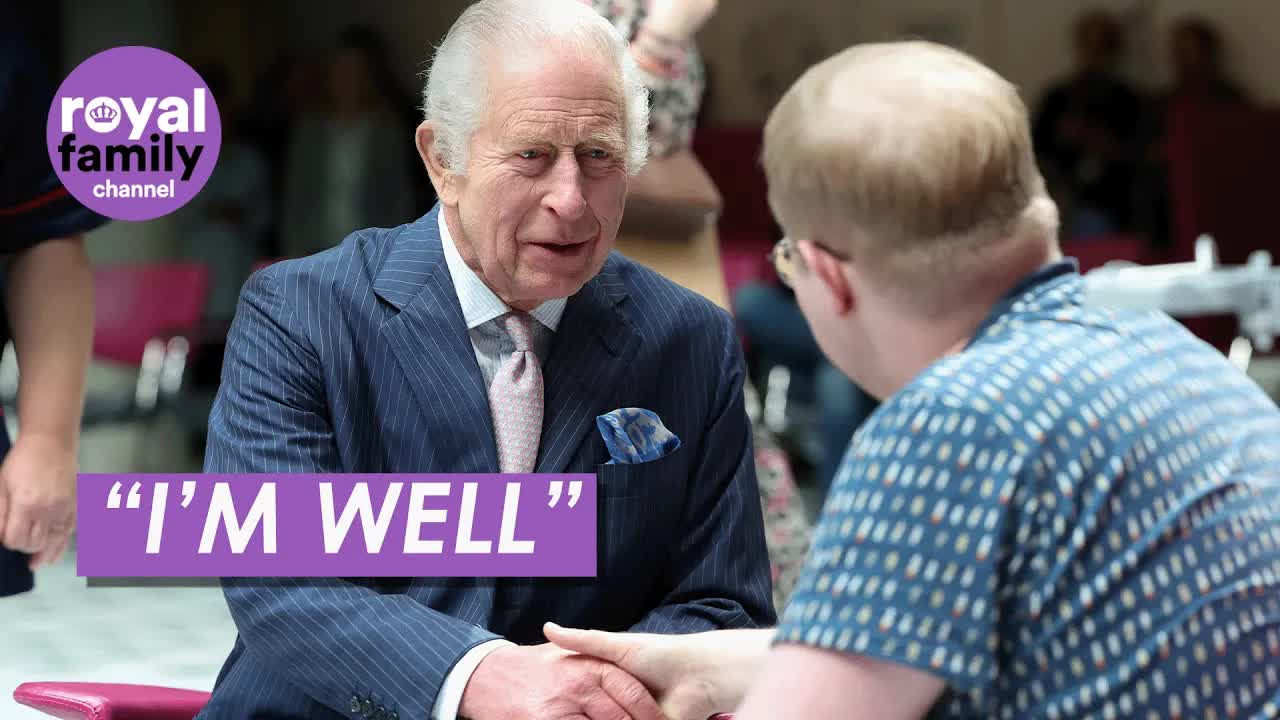In a groundbreaking initiative, healthcare professionals are rethinking how we detect cancer at its earliest stages.
A recent discussion highlighted the importance of early diagnosis and the role of advanced scanning technology in improving patient outcomes.
At the forefront of this effort is Sally Coe, who is actively involved in a program designed to enhance health services through better cancer identification.
Sally explained that their team is utilizing a significant number of CT scans to analyze patients more effectively.
These scans are vital tools in spotting potential health issues before they escalate.
By focusing on early detection, they aim to not only identify cancer sooner but also to improve the overall management of patients diagnosed with the disease.
The conversation delved into the necessity of engaging patients earlier in the diagnostic process.
Sally emphasized that it’s crucial for general practitioners (GPs) to facilitate access to these vital screenings.
By ensuring that patients are referred to the program promptly, they can significantly increase the chances of successful treatment.
Interestingly, there seems to be a growing interest among the public in participating in screening programs.
Many individuals are eager to get involved, recognizing the importance of proactive health measures.
However, Sally pointed out that despite this enthusiasm, there are still barriers to entry that need to be addressed.
One of the main challenges is the need for GPs to communicate effectively with patients about the screening options available to them.
It’s not just about making the program accessible; it’s about ensuring that patients understand the benefits of early detection.
The more informed people are, the more likely they are to participate in these life-saving initiatives.
Sally’s insights shed light on the broader implications of this approach.
By increasing the number of early diagnoses, healthcare providers can tailor treatment plans more effectively, leading to better outcomes for patients.










